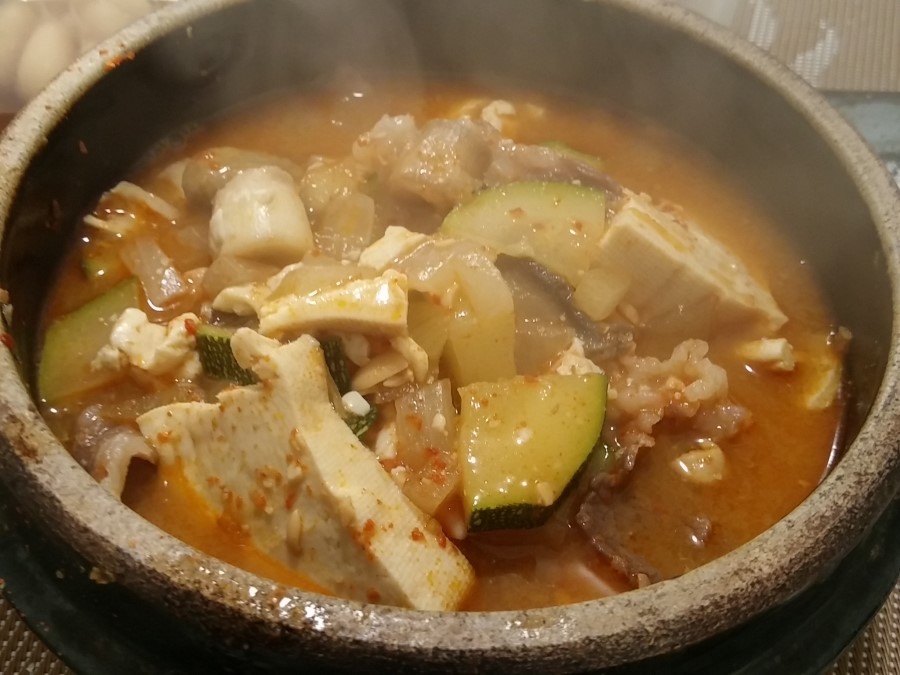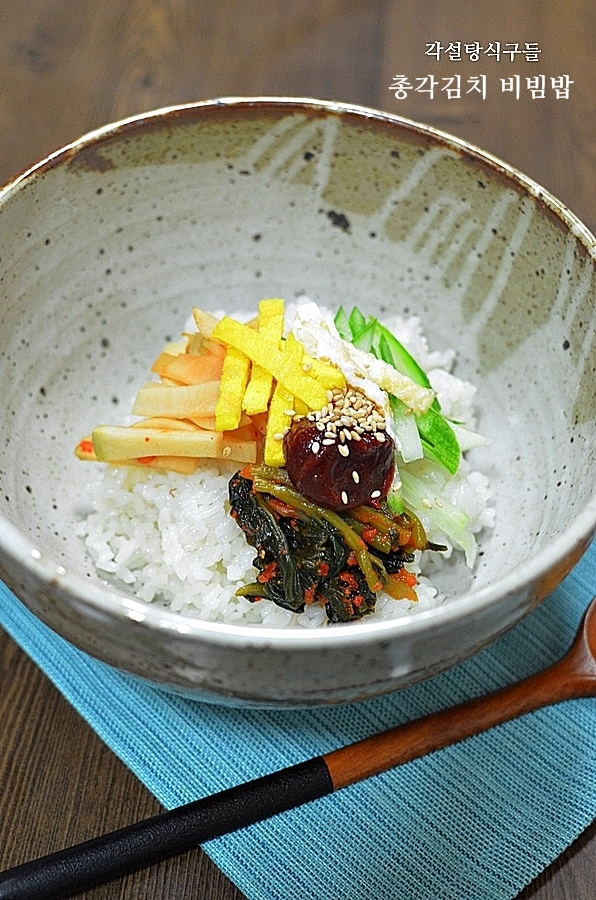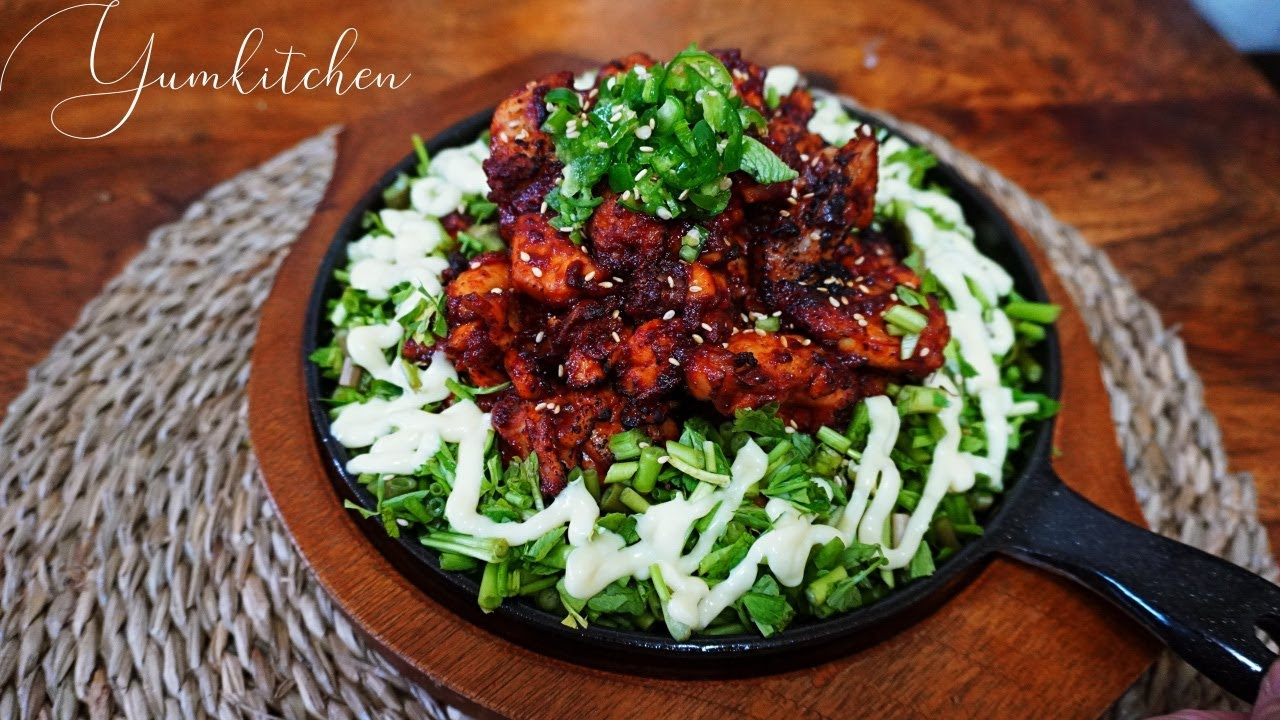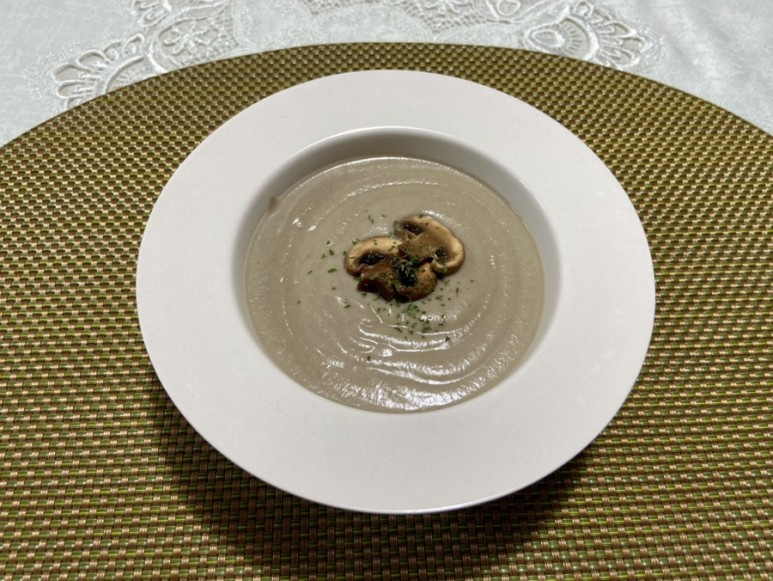Beef Brisket Doenjang Jjigae: A Weekend Delight, Deep and Savory
Simple & Delicious Recipe for Rich Doenjang Jjigae with Beef Brisket

This weekend, after grilling some meat, I decided to make some delicious Beef Brisket Doenjang Jjigae! Many people find making doenjang jjigae a bit tricky or complicated, but today, ‘Happy Cooking Man’ is here to guide you through a simple yet incredibly flavorful version. Let’s make it together!
Jjigae Ingredients- 1/4 Zucchini (sliced thinly)
- 1/4 Onion (sliced thinly)
- 1/8 Korean Radish (sliced thinly)
- 1/2 block Firm Tofu (cubed)
- 100g Beef Brisket (thinly sliced)
Seasoning & Broth- 2-3 Tbsp Doenjang (Soybean Paste – adjust if using homemade)
- 1/2 Tbsp Dashida (or soup soy sauce, for extra umami!)
- 4 cups Water (approx. 800ml)
- 2-3 Tbsp Doenjang (Soybean Paste – adjust if using homemade)
- 1/2 Tbsp Dashida (or soup soy sauce, for extra umami!)
- 4 cups Water (approx. 800ml)
Cooking Instructions
Step 1
First, dissolve the doenjang thoroughly in cold water. Since we’ll be adding plenty of vegetables, it’s a good idea to make the broth slightly saltier than you think you need. Vegetables will release their own liquid, so if the initial broth is too bland, the final jjigae might taste watery. I tend to use a lot of vegetables, so I season the base broth a bit more generously.

Step 2
Once the doenjang broth comes to a rolling boil, add all the prepared vegetables (Korean radish, zucchini, and onion). You don’t need a separate broth; the vegetables will release plenty of delicious flavor on their own. After adding the vegetables, cover the pot and let it simmer over medium-low heat until the vegetables are tender. As they soften, the flavor will deepen.

Step 3
Now it’s time for our star ingredient: the beef brisket! When the doenjang jjigae comes to another boil after adding the vegetables, add the thinly sliced beef brisket. At the same time, you can add the cubed firm tofu for an even richer stew. Since the brisket is thinly sliced, it cooks very quickly. Once it comes to a boil again, it’s pretty much done. Be careful not to overcook it, as it can become tough.

Step 4
Finally, let’s adjust the seasoning! If you prefer a spicier kick, you can add some sliced Cheongyang peppers or a pinch of red pepper flakes at this stage. Taste the jjigae and adjust the seasoning with soup soy sauce or salt as needed, considering the amount of vegetables and the saltiness of your doenjang. Even if it seems a little salty on its own, it will be perfectly seasoned when eaten with rice. Enjoy your delicious jjigae!




